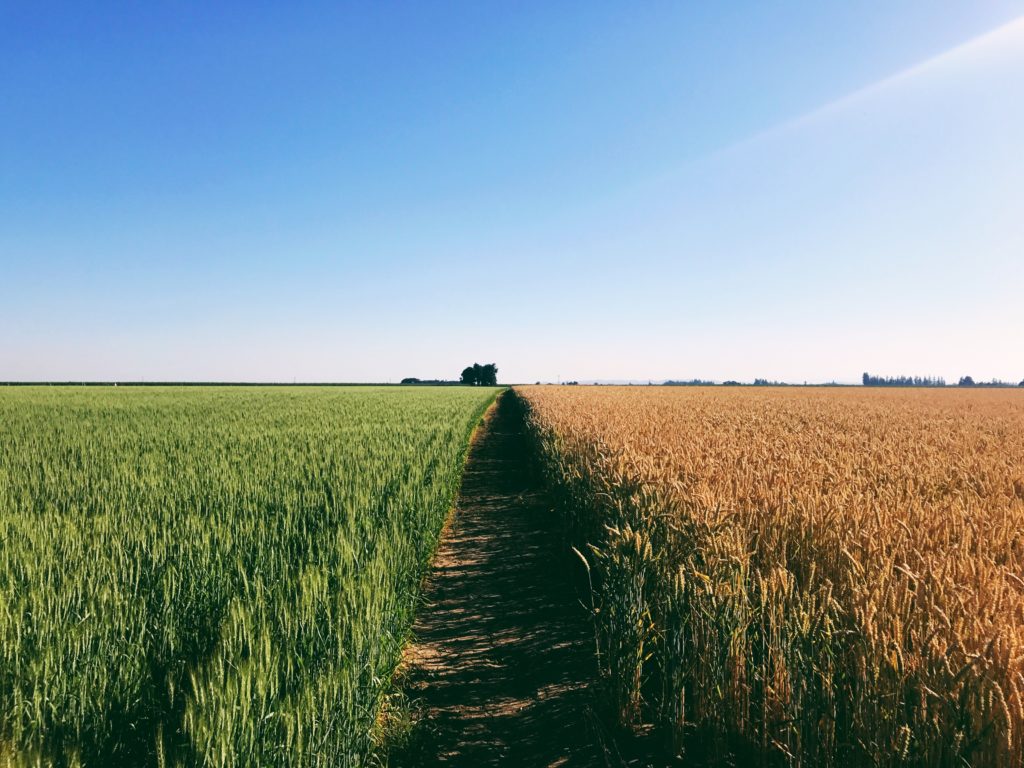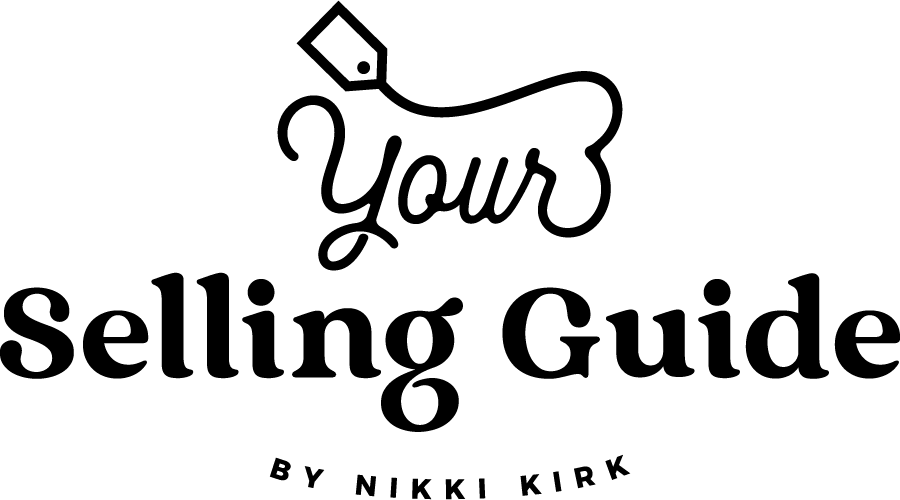
After reading the book The Plant Paradox and realizing just how much the “healthy” foods we eat are slowly killing us, I’m giving up on foods containing lectins.
What’s a Lectin?
It’s a toxic chemical some plants contain to kill or deter the predators that want to eat them. After all, a plant doesn’t want to be eaten and die, it wants to grow and reproduce more of its species. Since we humans are bigger than the insects we can “handle” them, but not really. What’s really going on in your body is the lectins are messing with your natural system and creating just about every modern disease we now have. They are slowly making us sicker and we are eating them more and more to become “healthier”.
There’s that old parable about the frog slowly cooking to death as the water heats.
If you put one in boiling water it will hop out, but if you gradually increase the temperature of the water it will let itself be boiled.
Yea, that’s what we’re doing to ourselves every time we grab the brown rice, whole grains, quinoa, corn, soy. Even tomatoes, zucchini, potatoes, and most fruit! That chicken you are grilling up for dinner? Most likely it’s full of corn, which the farmers fed it for the sole purpose of fattening up. The same food the chicken ate to get fat, then goes into your system, making you fat. Did you know chickens naturally eat insects? Not corn or other ‘organic feed’.
What to do about Lectins:
I am by no means the expert on Lectins and the havoc they are wreaking on our bodies, for a real expert, check out Dr. Gundry and read The Plant Paradox for yourself. I’ve done quite a few Whole30‘s and my initial thoughts are giving up lectins is essentially Whole30 with some modifications that actually make it a lifestyle and not the 30 days we all know and love. Wine, goat cheese, and dark chocolate are all still a go! Click here for the full list of go and no-go foods.
I’ll definitely be writing more about giving up lectins on my blog. Until then, I HIGHLY recommend checking out The Plant Paradox for yourself.


